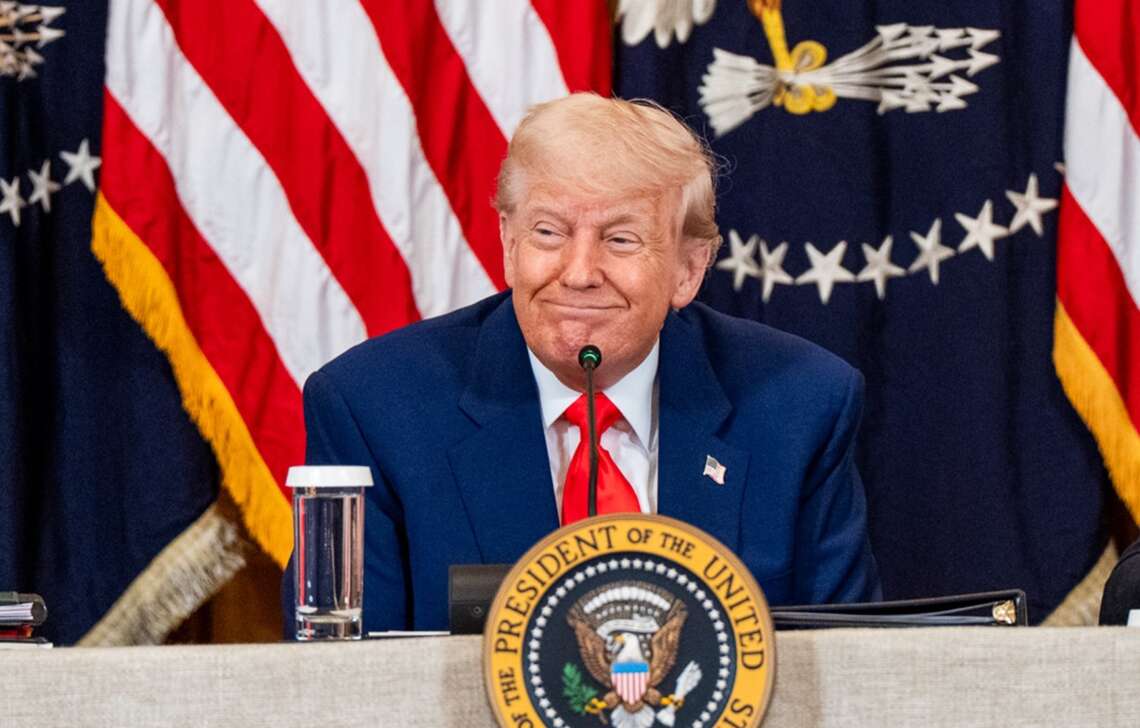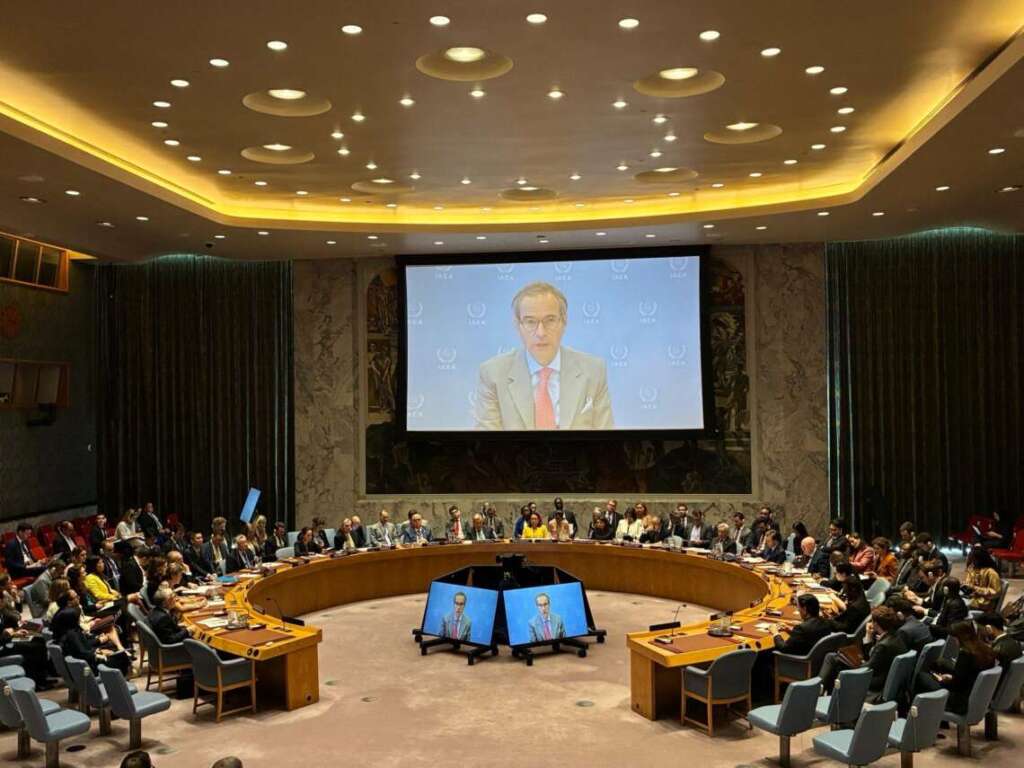President downplays European diplomacy as Israeli jets strike over 35 Iranian missile sites
US President Donald Trump has said it would be “difficult” to ask Israel to stop its ongoing airstrikes on Iran, as the conflict between the two regional powers intensifies and diplomatic efforts hang in the balance.
Speaking to reporters at his New Jersey golf club during a fundraiser, Trump said, “It’s hard to ask Israel to stop defending itself when it’s under threat.” The comments come in the wake of a major Israeli air operation that reportedly targeted missile facilities and radar systems deep inside Iranian territory.
According to the Israel Defence Force (IDF), over 25 Israeli fighter jets carried out coordinated strikes early Friday morning, hitting more than 35 missile storage and launch facilities in the Iranian cities of Kermanshah and Tiberias. Additional strikes targeted missile systems and radar installations near Isfahan and Tehran.
In a post on X (formerly Twitter), the IDF stated: “This morning, the Air Force completed a wave of attacks against military targets of the Iranian regime… with precise intelligence guidance.” The IDF said the operation was designed to dismantle infrastructure used to launch attacks and detect Israeli aircraft.
While Trump has signalled that Washington is exploring a diplomatic route to de-escalate the Iran-Israel confrontation, his tone suggested little appetite for pressuring Israel to scale back its military response. “They [Iran] don’t want to speak to Europe. They want to speak to us,” Trump said, dismissing European efforts at mediation. “Europe is not going to be able to help on this one.”
His comments follow weeks of growing military activity between Iran and Israel, with cross-border strikes, cyberattacks, and proxy skirmishes fuelling fears of a broader regional war.
US State Department spokesperson Tammy Bruce, when asked whether the administration would push for a ceasefire to enable renewed nuclear talks with Iran, said she “can’t speculate.” At a Friday briefing, Bruce added: “I’m not going to characterise what’s happening now, or the reaction by the President or the Secretary of State to what those negotiations might be.”
The White House remains tight-lipped on the prospect of reviving stalled nuclear discussions with Tehran. However, analysts say the ongoing Israeli air campaign could complicate those efforts, especially if Iranian retaliation intensifies.
The latest Israeli strikes mark a significant escalation in the conflict, taking direct aim at strategic infrastructure on Iranian soil. Iran has yet to officially respond to Friday’s attacks, though military sources in Tehran have reportedly raised the alert level.
Tensions between Iran and Israel have been simmering for years, particularly over Iran’s nuclear ambitions and its support for militant groups in Lebanon, Syria, and Gaza. But the current flare-up — involving direct strikes on Iranian territory by Israeli forces — represents one of the most dangerous phases in the long-running shadow war between the two nations.
Whether the Trump administration will step in to mediate or continue to offer Israel tacit support remains to be seen. For now, the President’s stance suggests the US is unlikely to restrain Israeli operations — even as the region edges closer to open conflict.








